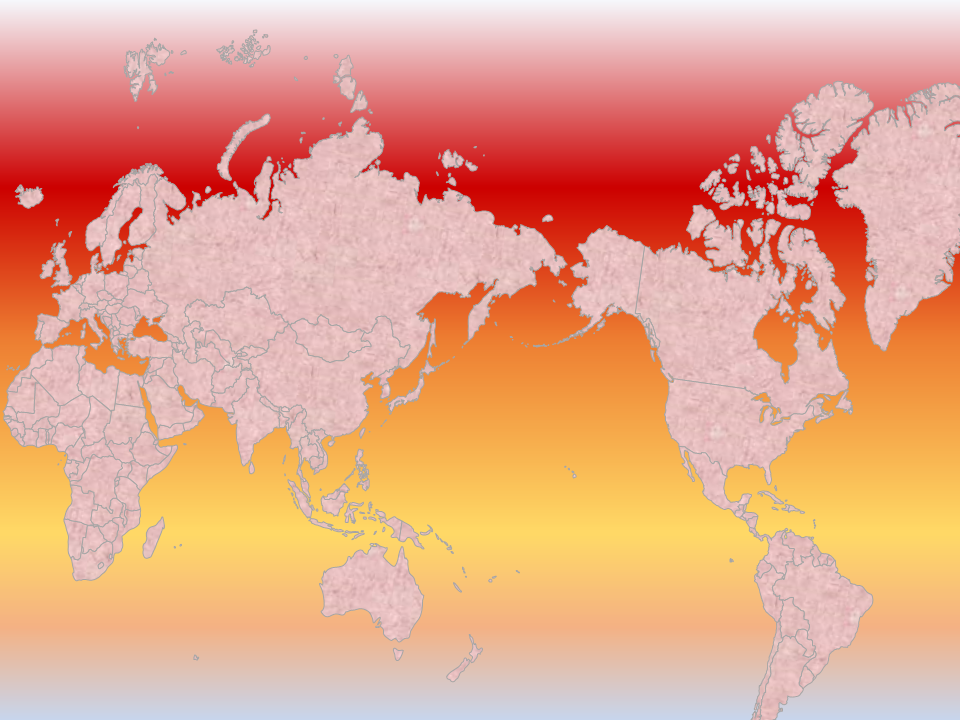Pick Up
846. “New Normal”

846. “New Normal”
As August approaches, the world continues to witness a surge in extreme weather events. The World Meteorological Organization (WMO) recently sounded the alarm, asserting that these extreme events have now become the new norm.
WMO scientists have issued a dire warning, emphasizing that the frequency and severity of such events will continue to increase in the coming years. This disturbing trend can be largely attributed to man-made climate change resulting from the relentless emission of greenhouse gases. In addition, the fluctuating behavior of the jet stream, those powerful westward-flowing wind currents in the upper troposphere, contributes significantly to the emergence of extreme weather phenomena. In particular, the jet stream has deviated from its usual path in certain regions, drawing in warmer air from the subtropics. This shift creates ideal conditions for the formation of devastating heat waves.
These heat waves have also extended their reach to higher altitudes, with Switzerland setting a new record for the freezing point at 5,298 meters (5,184 meters last year on July 25). Such developments pose an immediate threat to the remaining glaciers, pushing them closer to the brink of meltdown. Meanwhile, a crisis is looming in Canada, where more than 660 wildfires were raging out of control as of August 22. These fires, including a staggering 265 near the Arctic Circle in the Northern Territory, have consumed a staggering 15.3 million hectares this season. To make matters worse, the European Union's Copernicus Atmospheric Monitoring Service reports that greenhouse gas emissions from these August wildfires are estimated to be three times higher than the previous record set in 2014.
On August 22, World Weather Attribution, an organization that specializes in analyzing the causal relationship between extreme events and climate change, declared that climate change has doubled the likelihood of wildfires in eastern Canada. Significantly, the impacts of wildfires extend beyond the immediate affected areas to include the displacement of communities and disruption of economic activity across North America due to life-threatening air pollution.
This summer's series of extreme weather events in the Northern Hemisphere has undoubtedly spurred global reflection on the urgent need for both mitigation and adaptation to climate change.
Contributor: IIYAMA Miyuki (Information Program)
